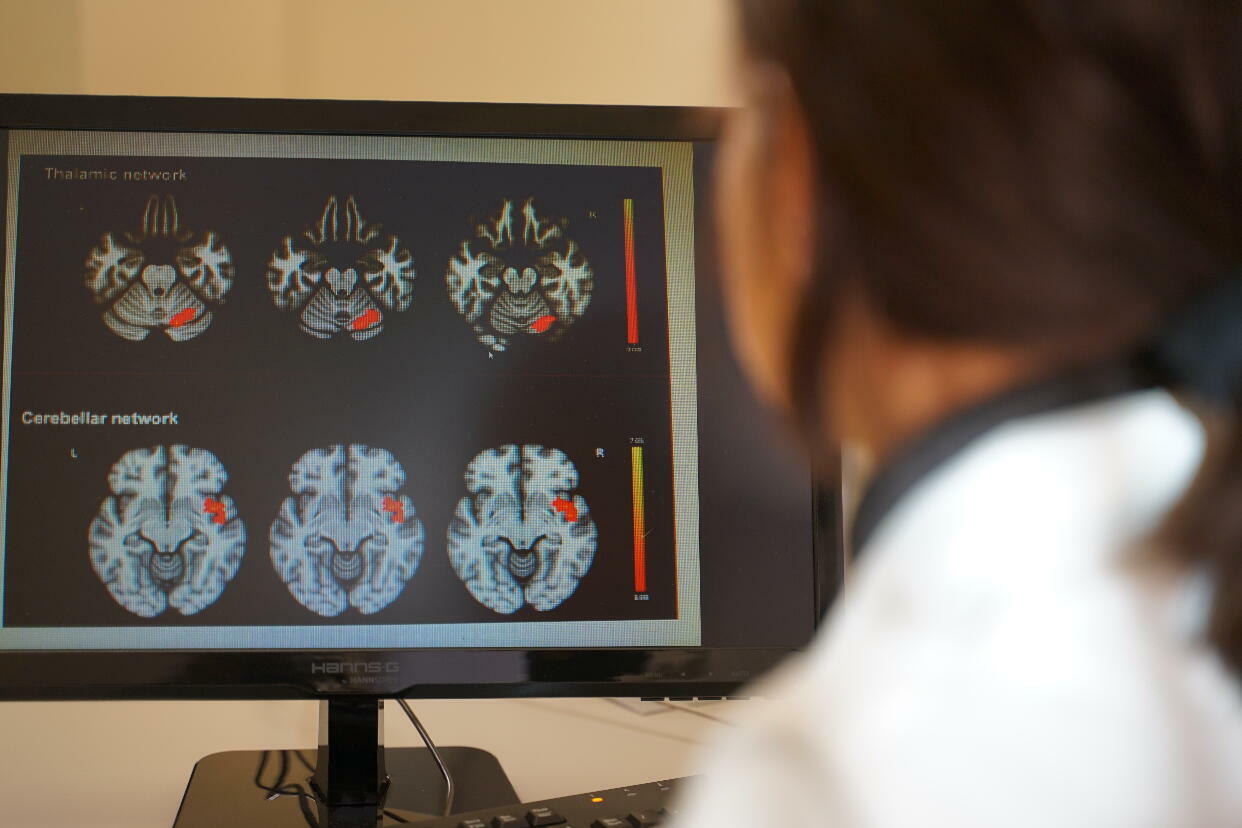THE CHRISTMAS SHOW 2024
Fundraising by AISM
AISM, through its Foundation, promotes, directs and funds scientific research for the more than 140,000 people with multiple sclerosis and similar diseases and their families. AISM's Foundation is the leading private entity in Italy for funding multiple sclerosis research and the third in the world.
One of the flagship studies we fund is the research project"Study on autologous hematopoietic stem cell transplantation in patients with multiple sclerosis," coordinated by Prof. Matilde Inglese, Head of the Multiple Sclerosis Center at San Martino Hospital and the University of Genoa.
Autologous hematopoietic stem cell transplantation is currently an established medical practice even for people with MS, but for few forms. Today Prof. Inglese is coordinating a study that could expand its use to about 7,000 people, promising to write a very important chapter in the history of the fight against the disease.
The project:
- Transplantation is a very delicate and complex procedure; the procedure involves first resetting the immune system to zero and then "restarting" it through an infusion of stem cells previously taken from the patient.
- The prospect of the project is to confirm transplantation as a viable therapeutic option, expanding it to all people with aggressive multiple sclerosis who do not yet have significant disability, and to become a possible prevention therapy for progressive forms, now the most severe and lacking effective treatments.
- The goal of the project is then to compare the data with traditional therapies to show that this treatment can be a better treatment option for thousands of people, blocking the disease and its progression for up to 10 years after transplantation.
Theevening's fundraising goal: to raise 10,000 euros to fund a package of 20 structural MRI scans, which are crucial to understanding whether the therapy has, over time, actually achieved the desired results, i.e., stopping the progression of the disease.
This type of MRI on a given sample of patients is a crucial tool not only at the end of treatments but also in subsequent years, for evaluation over the long term.




